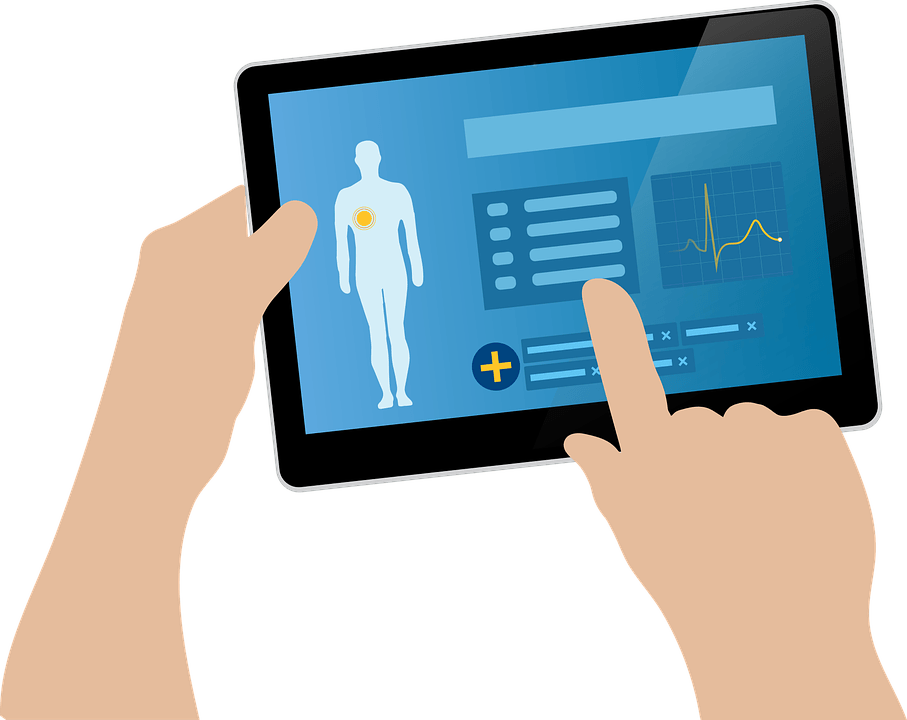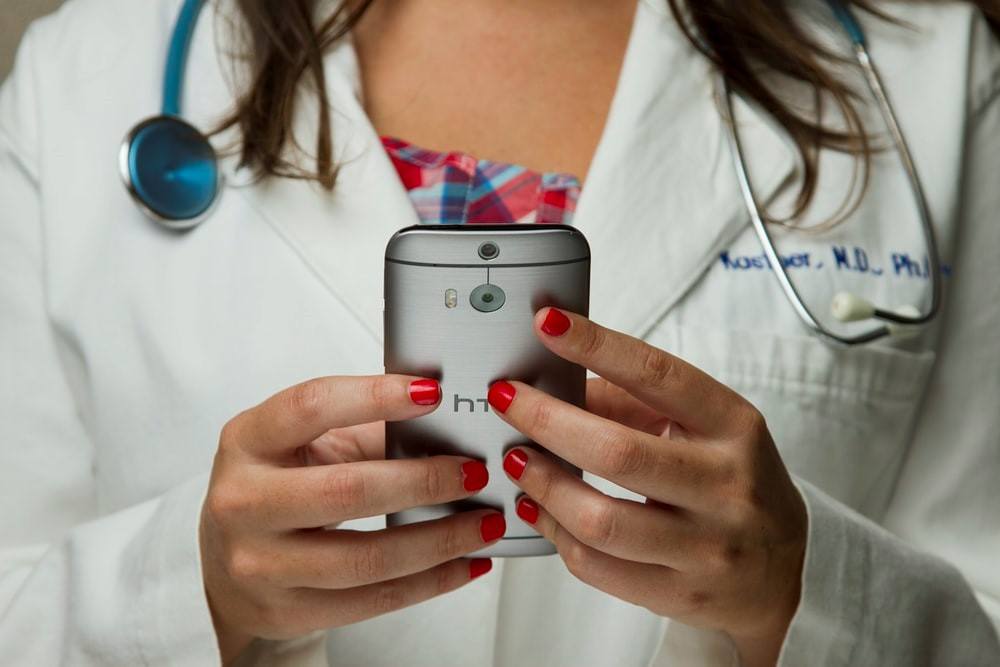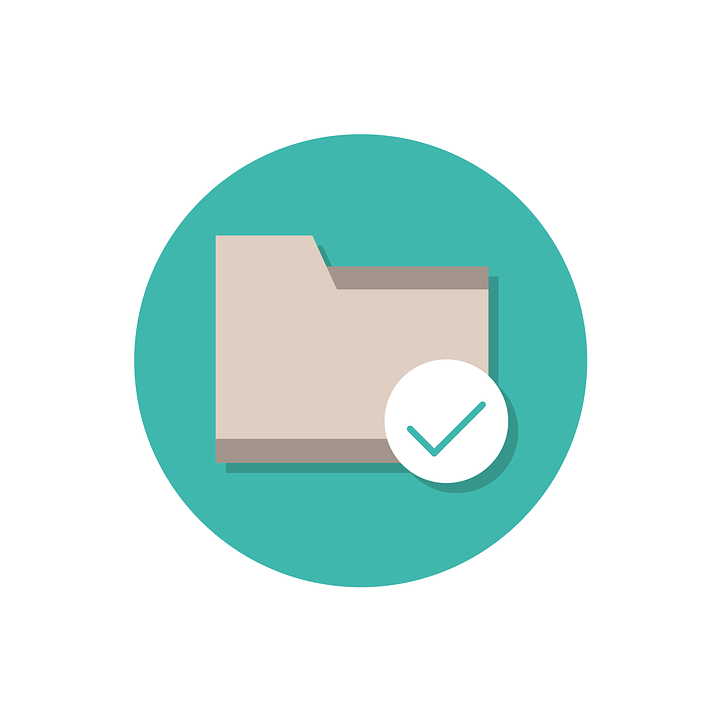Each year, hundreds of thousands of medical errors occur in the United States. You can avoid these errors by being informed about your health and communicating clearly with your healthcare providers. Fortunately, nowadays the patient is considered to be a member of the healthcare team. They are more informed about their health conditions than in the past. Furthermore, they have a number of tools at their disposal to track their health. A great way for patients to can take control of their health is by maintaining a personal health record. Personal health record benefits are diverse. They include not only the prevention of medical errors, but also improved peace of mind for you and your loved once.
You might be interested in: Safety Risks in Hospitals

What are Personal Health Records?
Basically, any information that you, the patient, maintain about your health can be considered a personal health record. You can think of it as your health resume. You share this “resume” with your providers to inform them of your healthcare related matters.
If you are like most people, you probably struggle each time that you are presented with each of these questionnaires. You likely do not maintain a document with all this information. Instead, you not remember the medications you take, nor the dosages at which you take them. You may also not remember all the details about past vaccinations or procedures.
By maintaining a personal health record, you can avoid many of these common problems. Personal health records provide the benefit of informing providers about key health information. This information may include your allergies, your immunization history, your providers, you blood type, medications, surgical history, etc.
Nowadays, it is more likely than in the past for providers to have access to your records at other organizations. This is because the electronic health record systems of the various healthcare facilities can share information with each other. Also, it is now more common than in the past for healthcare facilities to work in networks. Despite this, there are still many instances when a new provider will not have access to your health information. Often, in these situations, the new provider will ask you to fill out questionnaires about your and your family’s health history. Having a personal health record to reference in these situations will make things easier for both you and your health care provider.
Benefits of Creating Your Own Personal Health Record
A number of companies, such as Google and Microsoft, have offered personal health record services in the past. However, it would not be far-fetched to have privacy concerns about entering your data through such services. The suspicion is particularly augmented when the primary industry of the companies offering these services is not healthcare.
If you have qualms about subscribing to third party personal health record services, there is good news. You can easily build your own personal health record. Creating a personal health record is something simple enough to do with any word processor. You simply need to gather as much of your health-related records as possible and invest some time into making the initial draft.
While some might prefer maintaining a paper based personal health record, I strongly recommend creating an electronic one. It is many times easier to update and maintain. You do not need to have a lot of medical knowledge or technical skills to create an electronic personal health record. Of course, however, you might choose to involve a loved one in the process. It would be a good opportunity for them to learn about your health. Plus, your loved one might be able to provide technical assistance, if needed.
You might be interested in: Shared Living with Parents or Adult Children
If you are a healthcare provider, there is no excuse for you to not have your own personal health record. You should also go one step further and help your family members create them. After all, healthcare providers should set an example and encourage your patients to do the same. Encouraging patient to create their personal health records is a great way to empower them in taking control of their health.
Personal Health Record Benefit #1- Organize It as You Wish
As mentioned previously, you can think of your personal health record as a resume of sorts. Since you maintain your personal health record, one of the many personal health record benefit is that you can organize it as you wish.
As with an employment resume, you want your personal health record to be as concise as possible. You want to highlight the most important information for your doctors, who have a limited amount of time to spend with you.
On the other hand, you might also want to maintain a more extensive version of this health record that you can reference when more details are necessary. In some cases, you might want to share the longer version with your healthcare providers. More information is not necessarily always better. Nonetheless, in some situations detailed information might be good for answering specific questions.
Regardless of how you maintain your personal health record, making sure your information is well organized is important. As with a resume, you want to divide the information into specific sections and in a manner where specific information can quickly be located.
You might be interested in: How to Organize an Office Space
Also, as with a resume, you want to make sure that you tailor your personal health record according to the person you will be sharing it with. For example, likely would not want to share details of your dental history with your psychiatrist. Conversely, you likely would not want to share information about your psychiatric history with your dentist. Therefore, you might need to save a new copy, and make some adjustment to your personal health record, prior to visiting a particular provider.

Benefit #2- Preserve Your History
As you might have experienced many times in your life, your memory occasionally fails you. As much as you want to remember something, your brain can easily forget. Sometimes you might not only forget the details but also the event entirely. Of course, you can always try to find out about past events whenever the question comes up, but it will likely be a headache trying to find out an accurate answer on a short notice.
One of the best ways to remember things over the long term is to write the information down as close as possible to when it occurred. The personal health record benefits you by allowing a place to keep up to date notes on your health events. This is unlike the notes you take during class in order to refresh your memory before a test. Also, it is important that you keep your notes in an organized manner. This will ensure that you will be able to readily located specific information when needed.
And just as you might want to keep a portfolio of your work throughout the years, you might want to adopt a portfolio of sorts pertaining to your personal health records. This portfolio should also preferably be electronic. It can be you go to source to update your more abridged personal health summaries, or in case you want to provide your provider with specific details.
Although you want to keep a lot of information in your personal health record “portfolio”, don’t go overboard either. Just as you would probably selective of what you put into your professional portfolio, you should be selective in terms of what your put into your personal health record portfolio.

Benefit #3- Improve Quality
If you keep detailed personal health record portfolio in the manner explained above, you will likely benefit from avoiding errors and omissions when communicating with your health team.
Healthcare providers are very busy and see many patients a day. While they might want to do the very best to help each of their patients, they are also human and cannot catch everything on their own. If you are able to make their treatment of you easier by providing them with relevant and correct information, that will make their jobs easier and increase the chances of you receiving appropriate and quality care.
You can yourself avoid forgetting information by having a personal health record in which to keep notes for reference, as explained above. Before your appointment, you can easily glance at your personal health record prior to your medical visits to jog your memories and communicate pertinent information with your provider. You might want to give your provider a copy of your abridged personal health record, with key details. Alternately, you can simply discuss the record verbally.
Reminding your provider, for example, that a specific disorder runs in your family might prompt him or her to test you for that condition. It might also prompt your provider to recommend practices that preventing or mitigating the negative effects of this disorder. In short, one of the personal health record benefits is that that they will likely improve the quality of your health care.

Benefit #4- Make Life Easier
Another one of the benefits of having a personal health record is that it makes it easier for the healthcare team, yourself, and your loved ones. For example, if a loved one is unable to provide information about your health history during an emergency, he or she might feel a bit helpless. The same is true for a healthcare professional unable to obtain any information about his/her patient’s past medical history. A personal health record, on the other hand, would provide your loved one and healthcare provider the information they need. They would be able to feel good about being able to provide the information needed to assist you. You yourself would be happy that you had a person health record available. After all, you will likely be limited in your ability to directly provide health information during an emergency.
As you can see, personal health record would take a lot of stress in times of emergencies. Unfortunately, there is no way that you can prepare for everything. But every bit of prevention goes a long way in such situations. Most healthcare providers, your loved ones, and you will however be grateful that you made the effort into making your healthcare easier.
Aside from making it easier, maintaining and reviewing personal health records gives everyone involved the opportunity to learn about each other’s’ health. Health is something that is super important to everyone’s lives. Unfortunately, it is not always in the forefront of everyone’s mind.
Creating a personal health record provides you an opportunity to think about your health and ways to take charge of it.

Benefit #5- Access Everywhere
Fortunately, nowadays internet connectivity and a mobile device are widespread. You can take advantage of these technologies to create an electronic personal health record that benefits from being accessible from almost everywhere. Furthermore, you could also access it during any time of day. All you have to do is take out your mobile phone.
If you want to keep things very simple, you can store your personal health record directly in your cell phone. However, you might prefer to store your personal health record in one of the many online storage services available. Examples of these are Google drive or Microsoft’s One Drive.
In addition to having your personal health care record at your fingertips all the time, you can ensure that your loved ones also have a copy of it at all times. You can do this by sharing the document with them. After all, many of the online storage services offer that capability. Alternately, you can email them the document, or save it onto their cell phones.
Of course, having a printed copy of it is oftentimes handy. Whenever you go to a doctor’s office, you can share a printed copy can easily with your provider and staff. It will likely be easier for them to appreciate the information in this way than by looking at your phone, or listening to your read it.

Personal Health Record Creation
It is not very difficult to maintain a health record. The greatest time investment will be when you first create it. After that, you just need to make sure that you update it on a regular basis. You can do that as you desire—either after every health visit, quarterly, etc.
As mentioned previously, a lot of hospitals and physician offices now offer their patients access to electronic patient portals. These allow you an easy way to check on things, such as your appointment history, and what your lab results have been.
Check these portals for any information you would like to include in your personal health record. If you don’t have access to electronic patient portals through your healthcare providers, you might want to request your providers for copies of your medical records. After all, asking for copies of your medical records is something you are entitled to as a patient.
Once, you have compiled all your health data, it is now time to organize it. If you are interested, you can subscribe to one of the various personal health care record services available, whether free or paid.
Alternately, if you wish to create your own personal health record portfolio on your own, you can simply do so by creating a folder in your computer, phone, or favorite cloud service to store any pertinent files. You would also need to create word processor document in which you can summarize your information. There a number of free templates are available on the internet to help you create a personal health record.

Conclusion
As you could see, the benefits of person health records, particularly electronic personal health records, are many. You have the liberty to organize the information as you wish, and to share it with whomever you want. By keeping notes about your health history, you ensure that your health history is well preserved. And by sharing pertinent details with your provider, you can potentially improve the quality of the care you receive.
Personal health records make things easier for you, your family, and your healthcare team. They can also be accessible everywhere and be used as an opportunity to learn about and take control of your health.
Admittedly the first time you create the list will take some work. However, updating it should not be very time consuming. And it will likely save you time in the long run as you will have the information at your fingertips.
Your health information is one of the most important things in life. Therefore, commit some time to your health. Start working on your personal health record today and encourage your loved ones to do the same.

